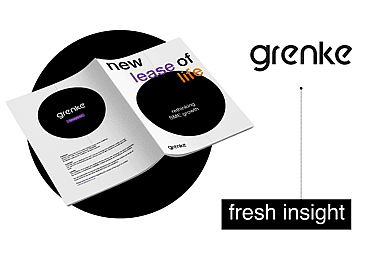British alternative-finance providers offered around £9.2bn of funding to businesses over the course of 2020, almost 15% more than in 2019, despite the impact of the Covid-19 pandemic. This should offer as a reminder to all SMEs that they have a wide array of options available beyond the traditional bank finance, which remains inaccessible to most.
Alternative finance is any type of business finance that doesn’t come from a mainstream provider, it’s not just for the tech start-ups or businesses already operating in the financial services space. ALL SMEs should consider alternative finance.
Invoice finance continues to grow in popularity. By effectively accessing the value of invoices upfront rather than having to wait for them to be settled, invoice finance (or factoring) can be a flexible way to arrange finance, particularly where your business is struggling with irregular cash flow.
The size of an invoice-finance facility rises as your company’s revenue grows – because there are more invoices to borrow against – rather than being fixed in size as with a bank loan.
Demand for asset finance is also growing, with businesses using these facilities to fund capital spending. Lenders feel comfortable extending credit because they can use the asset being financed – new machinery, say – as collateral to back the loan.
grenke’s finance solutions have been specifically engineered to fill financing gaps in the market for businesses across the UK – and those owners who don’t at least look into what is on offer could be missing out on significant benefits for their business, now and in the future.
It’s time to consider a fresh and flexible financing alternative, talk to a member of our team today.


